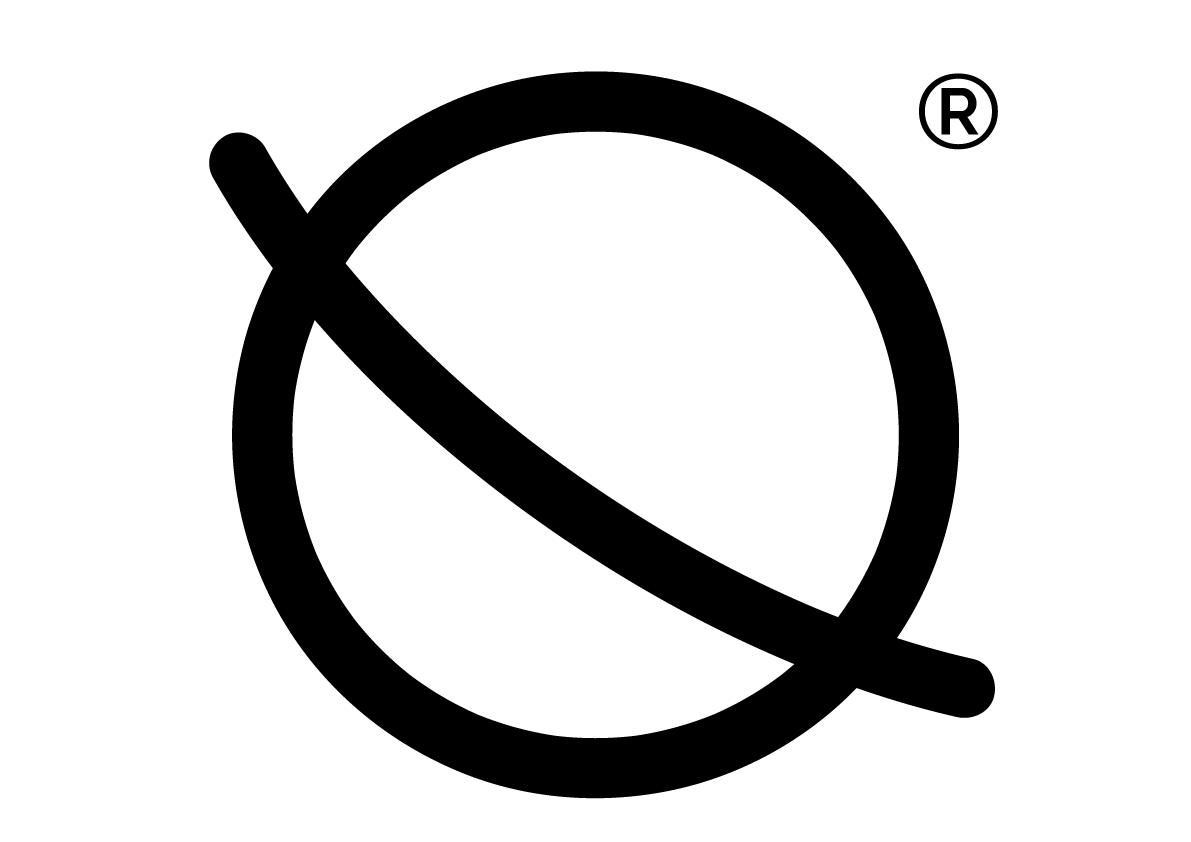6 effects of caffeine on your body and mind
Caffeine: be it a morning cuppa or a post-meal espresso, many of us consume caffeine throughout the day, every day; some would even say they are addicted to it.
In fact, Caffeine is the most used psychoactive substance in the world, and it is not surprising, after all an average kitchen will include some form of it, be it coffee, tea or even chocolate. The boost of energy and alertness is obviously one of its big benefits and selling points, but caffeine can affect your body and mind in many ways, both positively and negatively.
First and foremost, what is caffeine?
Caffeine is a natural stimulant, and can be found in tea, coffee, some fizzy drinks, energy drinks and even cocoa, but also in medicines like painkillers. It stimulates your nervous system and temporarily fends off tiredness, keeping you alert. It does this by blocking adenosine, brain-signalling receptors in the brain and inducing adrenaline.
Caffeine enters your body through your gut, there it is digested and enters your vascular system, before reaching your brain. In fact, for caffeine to have its desired effect (i.e. make you feel alert) it takes about 30 minutes to an hour from the moment you take your first sip. It can also last in your body between 4-6 hours, so you can still be feeling your afternoon cuppa well into dinner time.
Some people react more to caffeine than others, depending on their bodies, their tolerance to it and the amount of caffeine consumed.
So what are the drawbacks of caffeine?
There are several drawbacks related to high caffeine consumption, these include:
Broken sleep
If you drink caffeinated drinks too late, you might still have caffeine working in your body late into the night, affecting your sleep cycle. Because caffeine affects both your body’s ability to feel tired and your bladder (as it has a mild diuretic effect), it can keep you awake overnight and stop you from having a good night’s sleep.
Add-ons that affect your health
Whilst caffeine in itself is not damaging if consumed moderately, what you consume along with caffeine might be a problem. Many people drink caffeine with sugar, be it added to tea or coffee through sugar or flavoured-syrups, or already added into any fizzy or energy drinks. Whilst this can add calories to your diet without being evident, it can also affect your teeth, which over time can lead to tooth decay.
Affect your mental and physical health
If consumed in high quantities, caffeine can also be a source of anxiety and nervousness and can lead to digestive problems (source 1) . This is because when high levels of caffeine may cause a more pronounced adrenaline-fuel “flight or fight” effect, resulting in edginess and anxious feelings. Caffeine can also cause digestive issues, as it increases the release of acid into your stomach (source 2).
But, how much is too much?
High caffeine consumption is, according to the Mayo Clinic, considered to be above the average 400 milligrams (mg) of caffeine a day - that's roughly the amount of caffeine in four cups of brewed coffee, 10 cans of cola or two "energy shot" drinks. The NHS suggest pregnant women should not have more than 200mg per day as high caffeine intake can lead to low birth weight babies.
So, what are the benefits of caffeine?
Beyond the obvious ones: staying alert and awake, caffeine can have very positive effects for both your mental and physical health:
It can improve your mood and reduce the risk of depression
Once caffeine reaches the brain, it has the ability to block adenosine receptors, a brain-signaling molecule (in charge of feelings of tiredness and pain), this results in a slightly high level of other molecules such as dopamine, which may in turn positively affect your mood. Studies have also shown that coffee in particular, but also to some extent tea, can help reduce the risk of depression (source 3).
It may also help reduce pain
Most pain relief medicine will have caffeine as one of the ingredients, and while on its own it won’t cure a headache, caffeine’s role in blocking adenosine can have a modulating effect on pain. There is also a positive connection between some analgesics and a small amount of caffeine (already included in the medicine), which might promote the analgesic benefits more than the analgesic on its own. (source 4)
It may boost your metabolism and promote fat loss
While caffeine does not directly affect weight gain or loss, it may affect your metabolic rate for the very short term, which is why many weight management plans might include black coffee. Caffeine stimulates your central nervous system, promoting alertness and reducing the feeling of tiredness, in which case you might feel more energised, resulting in a bit more adrenaline flowing through your veins. Adrenaline sends an important message to fat cells: release fatty acids to produce more energy. While this on its own won’t burn fat, it might help you increase your resting metabolic rate (source 5)
So there you have it! Drinking caffeine can be a balancing act if consuming large amounts but in fact your midday cuppa or post gym latte can have really positive effects on your day to day, so there is no need to change that! Enjoy!
Read next >>>


